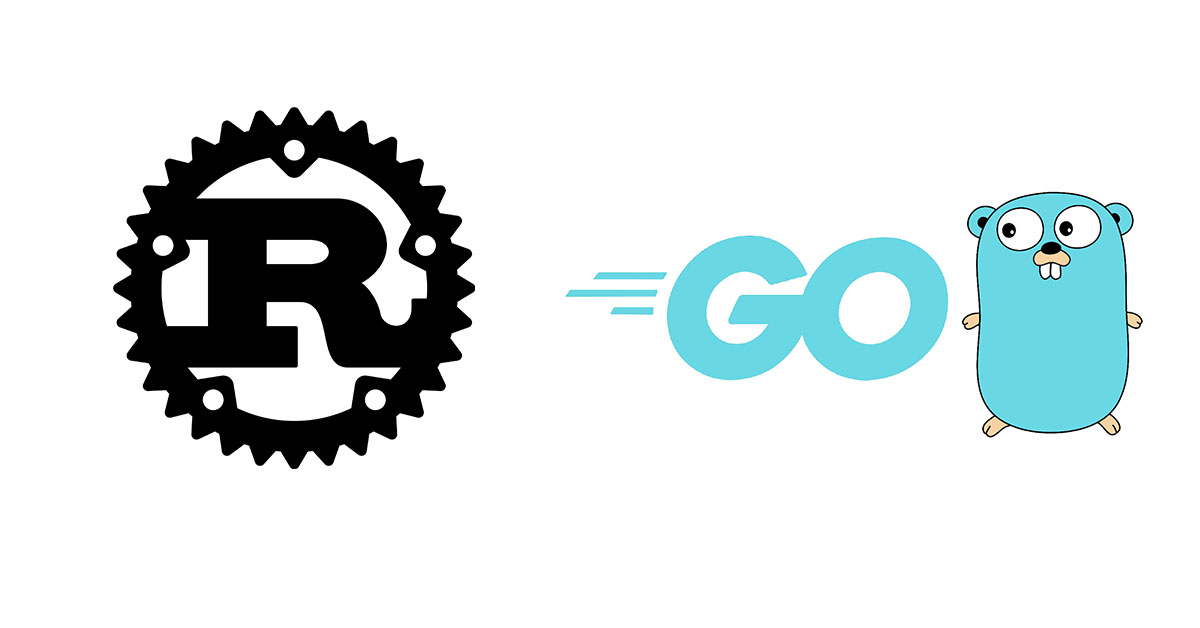If you’re considering using either Rust or Go for your next project, you might be wondering which language is the best choice. Both Rust and Go are popular, high-performance programming languages that have a lot to offer, but they also have some key differences that you should be aware of.
Rust is a statically-typed, compiled programming language that was developed by Mozilla. It is designed to be fast, safe, and concurrent, and it has a strong focus on systems programming and performance. Rust has a unique ownership and borrowing system that helps to prevent common programming errors such as null or dangling pointer references, and it has a powerful and flexible concurrency model based on shared-state concurrency and message passing.
Go, on the other hand, is a dynamically-typed, compiled programming language that was developed by Google. It is designed to be simple, efficient, and easy to learn, and it has a strong focus on concurrency and parallelism. Go has a more permissive type system and relies on runtime checks and a garbage collector to prevent errors, and it has a simpler concurrency model based on goroutines and channels.
However, there are also some key differences between the two languages:
Syntax
Rust has a more traditional syntax that is similar to C++.
A hello world program in Rust.
fn main() {
// Print text to the console
println!("Hello World!");
}
Go has a more concise and expressive syntax that is inspired by C.
A hello world program in Go.
package main
import "fmt"
func main() {
fmt.Println("hello world")
}
Ownership and borrowing
Rust has a unique ownership and borrowing system. It helps to prevent common programming errors such as null or dangling pointer references. Go does not have a similar system, but it does have a garbage collector that helps to manage memory automatically.
Type system
Rust has a statically-typed type system that is more powerful and expressive than Go’s type system, which is dynamically typed. This means that Rust requires you to explicitly declare the types of your variables, while Go infers the types at runtime.
Safety
Both languages aim to be safe and prevent common programming errors, but they approach safety in different ways. Rust uses its ownership and borrowing system to prevent many types of errors. Go uses a more permissive type system and relies on runtime checks and the garbage collector to prevent errors.
Ecosystem
Rust and Go have different ecosystems and community support. Rust has a growing and active community, with a wide range of libraries and tools available. Go has a larger and more established community, with a more mature ecosystem of libraries and tools.
So which language is faster?
It is difficult to definitively say which language is faster, as the performance of a program can depend on a variety of factors, including the specific hardware it is running on, the algorithms and data structures it uses, and the way it is implemented
That being said, there are some differences between the two languages that may affect their performance. Go is known for its simplicity and ease of use, which can make it easier to write programs quickly, but it may not be as fast as Rust in certain situations. Rust is a statically typed, low-level language that provides more control over the hardware and is designed for performance, so it can be faster than Go in some cases.
Conclusion
Ultimately, the choice between Rust and Go will depend on your specific needs and preferences. Both languages have their own strengths and weaknesses. The best choice for your project will depend on your goals, constraints, and the trade-offs you are willing to make.
